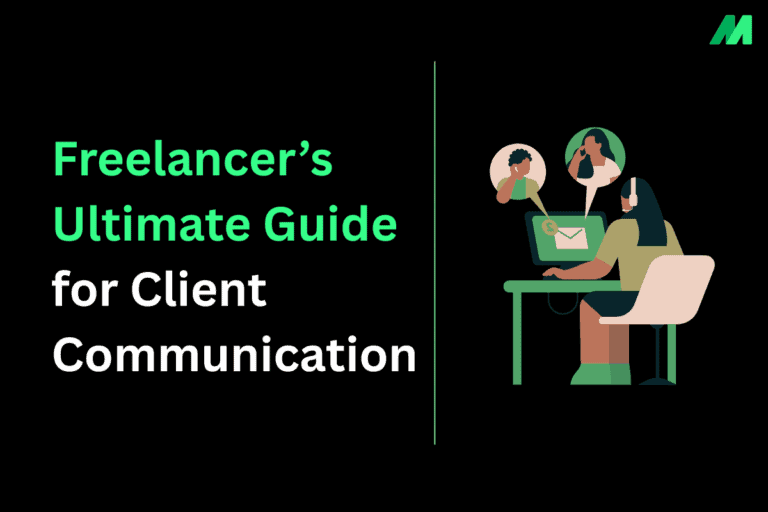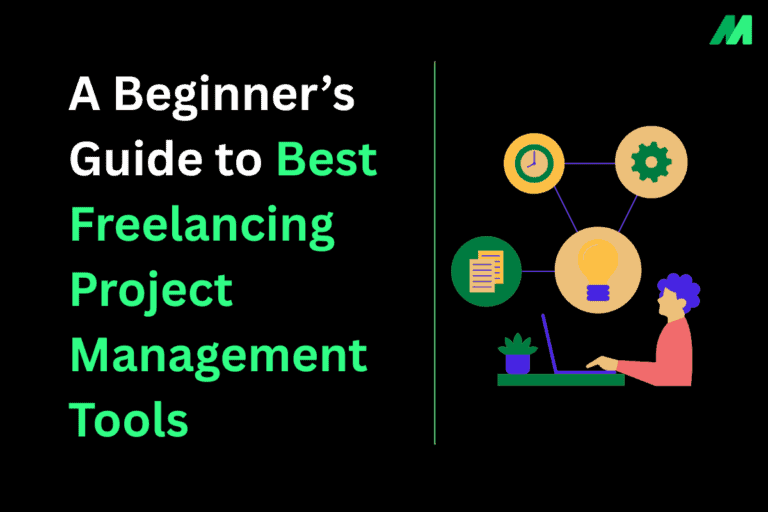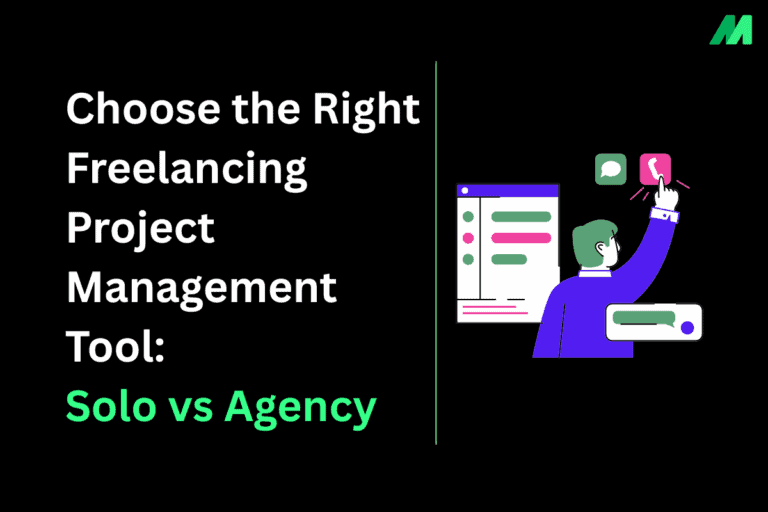Going freelance is a common move these days if you want flexibility, freedom, and a way to make money off what you are good at. But since so many people are doing it, it’s hard to get noticed. One big thing you’ll decide on as a freelancer is what your focus will be — the specific area you are going to be great at. It changes the jobs you get, how long you will last, how easy it is to find clients, and how much you improve. In this doc, we look at why picking the right area is vital to your success.
Understanding Niche Selection in Freelancing
Okay, so in freelancing, a niche is basically specializing in one thing within a bigger field. It’s the specific part of the market you aim for with your skills and how you market yourself. Like, a freelance writer might only do articles about tech, finance blogs, or stuff about health. Or a graphic designer could stick to making logos for new companies or designing packaging for products people buy.
Niches can range in scope from general categories such as “digital marketing” to more specific niche markets like “SEO content writing for SaaS companies.” Choosing a niche requires consideration of personal abilities and interests as well as market needs, creating intention and focus that can sharpen one’s professional identity and help with marketing clarity.
The Significance of Niche Selection
The selection of a niche holds substantial implications for a freelance career. Its significance can be summarized as follows:
Targeted Marketing – When you actually pick a niche and stick to it, suddenly your marketing isn’t all over the place. You’re talking to the exact people you want to work with, not just shouting into the void and hoping someone bites.
Authority and Credibility – Plus, specializing? Total game-changer. Clients start seeing you as The Person for that thing. You’re not just another freelancer, you’re the expert—and honestly, people trust experts way more than generalists.
Skill Development – Also, let’s be real: if you’re knee-deep in one field, you get really, really good at it. Like, scary good. You’re not just skating by on surface-level knowledge, you’re building some serious skills.
Efficient Branding – Oh, and branding? Way easier. You’re not juggling a million different messages, so people actually get what you do. No more “So… what exactly do you offer?” confusion.
Now, if you skip the whole niche thing and try to be everything for everyone, good luck. Your messaging gets wishy-washy, you end up chasing your tail, and honestly? Clients just scroll right past you because you blend in with everybody else. It’s brutal out there.
Advantages of a Well-Chosen Niche
The benefits of deliberately selecting and cultivating a niche are considerable and include:
Alright, here’s how I’d rework that chunk—let’s add some real-person flavor:
Look, when you’re the go-to person for something specific, you can actually charge more. People want the expert, not just another random freelancer off the internet.
Plus, if you’re, say, “the designer for indie bands” or “that copywriter who just gets tech startups,” suddenly you’re not duking it out with every generalist on the planet. Way easier to stand out.
And clients? Oh, they stick around. They like having “their person”. They’ll keep coming back, probably recommend you to their friends, their neighbor’s cat, whoever needs your magic touch. Makes life a whole lot simpler.
Also, you’re not just throwing marketing spaghetti at the wall. You know exactly who you’re after, so every dollar and every hour goes further. None of this “let’s market to the entire universe” nonsense.
Best part? You actually like what you’re doing. When your gigs line up with what you’re good at and what you care about, it doesn’t feel like a soul-sucking grind. You stay pumped. That’s the dream, right?
Consequences of Poor Niche Selection
Failing to select an appropriate niche, or choosing one without proper research, can undermine a freelance career in multiple ways:
- Client Acquisition Problems: Freelancers may be unable to tailor their messaging and identify clients well enough due to not identifying a niche.
- Increased Competition: Generalist freelance services have more competition to differentiate from.
- Uncertain Income: Without a focused niche, inconsistent work may arise.
- Burned out or Lack of Motivation: When freelancers do not work within the space where strengths or interests exist, they may experience burnout or lose motivation.
- Weak Branding: Ambiguous messaging can confuse potential clients about various services being offered leading to a weaker market position.
Strategies for Choosing the Right Niche
Selecting the right niche requires a methodical approach, including:
Figure out what you’re actually good at, like, what lights you up, what gets you out of bed, or what you could talk about for hours without dozing off. Then, take a hard look at what people out there actually want (and are willing to pay for. Let’s be real, passion’s great, but rent’s due).
Stalk your “competition” to see who’s already killing it, and more importantly, where they’re dropping the ball. Try not to pick a dying trend; go for something that looks like it’ll stick around, not just a flash in the pan.
Last thing: don’t go all in without testing the waters. Do a few gigs, get some feedback, and be cool with tweaking your game plan if things get weird (because, spoiler, they will).
Illustrative Examples
A designer with a wide range of services has always had trouble landing steady clients. After narrowing their services to brand design for environmentally-conscious companies, businesses started lining up quickly, and the designer raised their prices. On the other hand, a freelance writer who did not focus on a niche had trouble standing out. This resulted in sporadic work and lots of competition for low pay.
Best Practices for Excelling in Your Niche
To thrive within a chosen niche, freelancers should:
Keep learning stuff that actually matters for your field—don’t just tick boxes or chase shiny certificates for the sake of it. Take the weird workshops, dive into the nerdy webinars, stalk the experts on Twitter (or X, or whatever it’s called now)—just make sure you’re soaking up knowledge that actually helps you stand out. The point is, you want to know your niche so well people start coming to you with questions, not the other way around.
And about your portfolio? Don’t just slap up a few random samples and call it a day. Make it obvious you eat, sleep, and breathe this niche. Show off the projects that really flex your skills, not just the cookie-cutter stuff. Maybe toss in some case studies or behind-the-scenes peeks—people love that “how the sausage gets made” stuff. It makes you relatable, plus it shows you actually know what you’re talking about.
Getting involved with your tribe is huge, too. You can’t just lurk in the background and expect people to remember your name. Jump in on group chats, share your two cents in forums, hit up the occasional conference (even if it’s just for the free snacks). Building those relationships pays off way more than people admit—it’s usually who you know, not just what you know.
When you’re marketing yourself, ditch the boring, one-size-fits-all pitch. You have to speak your audience’s language, like, actually address their headaches and what keeps them up at night. If you’re just throwing out generic buzzwords, people will tune you out in a heartbeat. Be specific. Be real. Make it obvious you get them, and they’ll be way more likely to trust you.
Oh, and don’t sleep on the industry news. Technology and trends change faster than you can say “pivot.” Subscribe to the blogs, skim the newsletters, whatever you gotta do. If you’re still rocking last year’s best practices, you’re basically a dinosaur already. Stay sharp, stay curious, and don’t let yourself get left in the dust.
When and How to Transition Your Niche
Market dynamics or personal interests may necessitate changing niches. Indicators for a niche pivot include diminishing demand, saturation, or personal disenchantment. Transitioning should involve:
Start sneaking those new services in—don’t smack people in the face with ‘em all at once, you know? Keep clients in the loop, no shady business. Oh, and the branding? That old logo and those dusty brochures? Toss ‘em. Time for a glow-up so folks actually get what you’re about now. Last thing: get out there, shake some hands, talk to the right people in this new crowd. No hiding behind emails—real connections, or you’re toast.
Picking your niche as a freelancer? Honestly, it’s kinda everything. You can either be just another fish in the ocean, or you can become that weirdly cool, brightly-colored fish everyone talks about. Seriously, finding your thing—your “zone of genius,” or whatever you wanna call it—makes it way easier to stand out, snag clients who actually get you, and not burn out chasing every random gig. It’s not a one-and-done deal, though. You gotta keep tweaking your niche, leveling up your skills, and rolling with the punches when stuff changes. Otherwise, you’re just another face in the freelance crowd, and who wants that?




